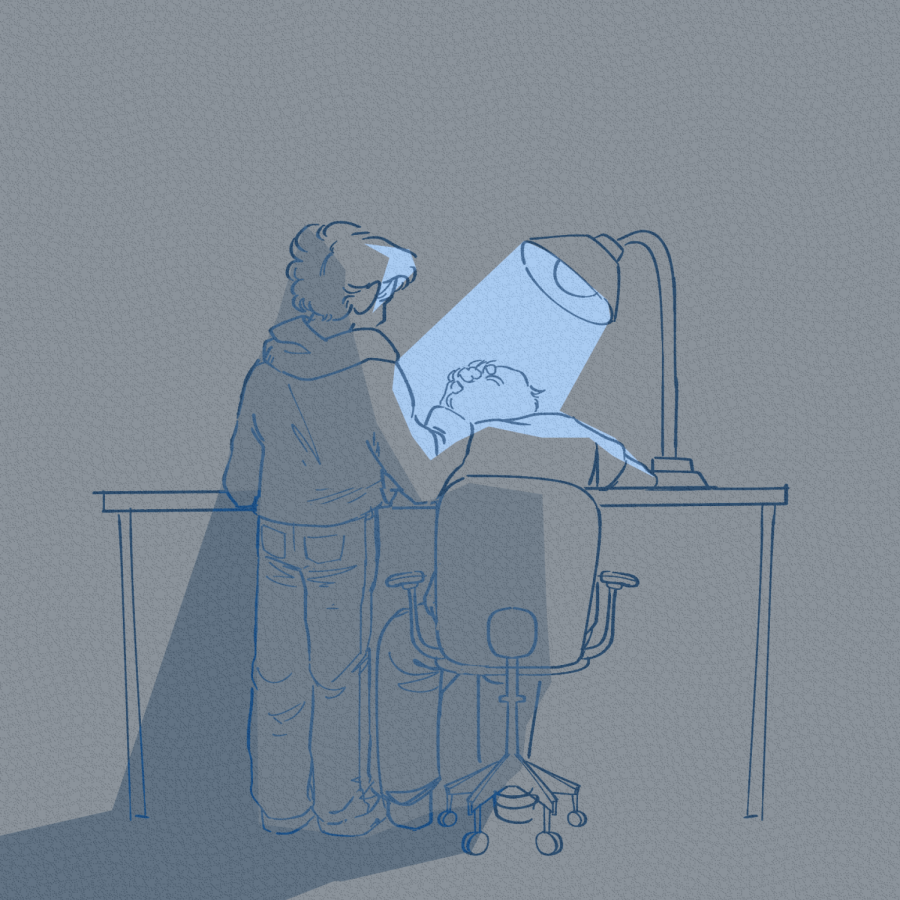UT launches program to help students, faculty approach mental health conversations
November 30, 2021
UT launched a one-year pilot program Nov. 1 that allows students and faculty to practice talking to their peers about mental health through a simulated Canvas course.
The Counseling and Mental Health Center initially formed the Mental Health Conversations program in collaboration with the Longhorn Wellness Center to guide faculty members on how to speak to students about mental health, said Thea Woodruff, well-being in learning environments coordinator for the Longhorn Wellness Center.
“If (faculty) are building relationships with students, … students are probably going to be more likely to come to them when they are struggling with something,” said Woodruff, a special education lecturer. “And so (faculty) worry about saying the wrong thing.”
Woodruff said in the past, the community expressed a need for a program like Mental Health Conversations, but the pandemic delayed its implementation.
“It could totally be the case that we could have (Mental Health Conversations) as a requirement or something that everybody goes through before their first year at UT,” Woodruff said.
The course puts users in a simulated environment where they can practice talking to a friend who is stressed with school or going through a tough time and choose the best way to respond.
Caroline Thomas, former co-director of Student Government’s Mental Health Agency, said she reached out to UT administration in 2020 hoping to implement Mental Health First Aid, an eight-hour national health course to certify individuals in treating mental health situations, for faculty.
Woodruff said the University created Mental Health Conversations as a shorter alternative to Mental Health First Aid that can cover particular scenarios students and faculty may experience.
Thomas, a neuroscience junior, said her push for a program like Mental Health Conversations was meant to bring attention to those who felt invalidated by faculty.
“I think having one or two people in each department that are Mental Health First Aid trained would be another great step to having more awareness of student mental health in the classroom,” Thomas said.
Shannen Dumadeg, Longhorn Wellness student assistant who helped create the introductory videos for the program, said she hopes the program reminds students that there are people that care and want to help.
“We’re not training students to be professional helpers,” public health senior Dumadeg said. “(We’re) just giving them the tools to navigate conversations and leading the friends that they’re helping to the correct resources that they need.”












